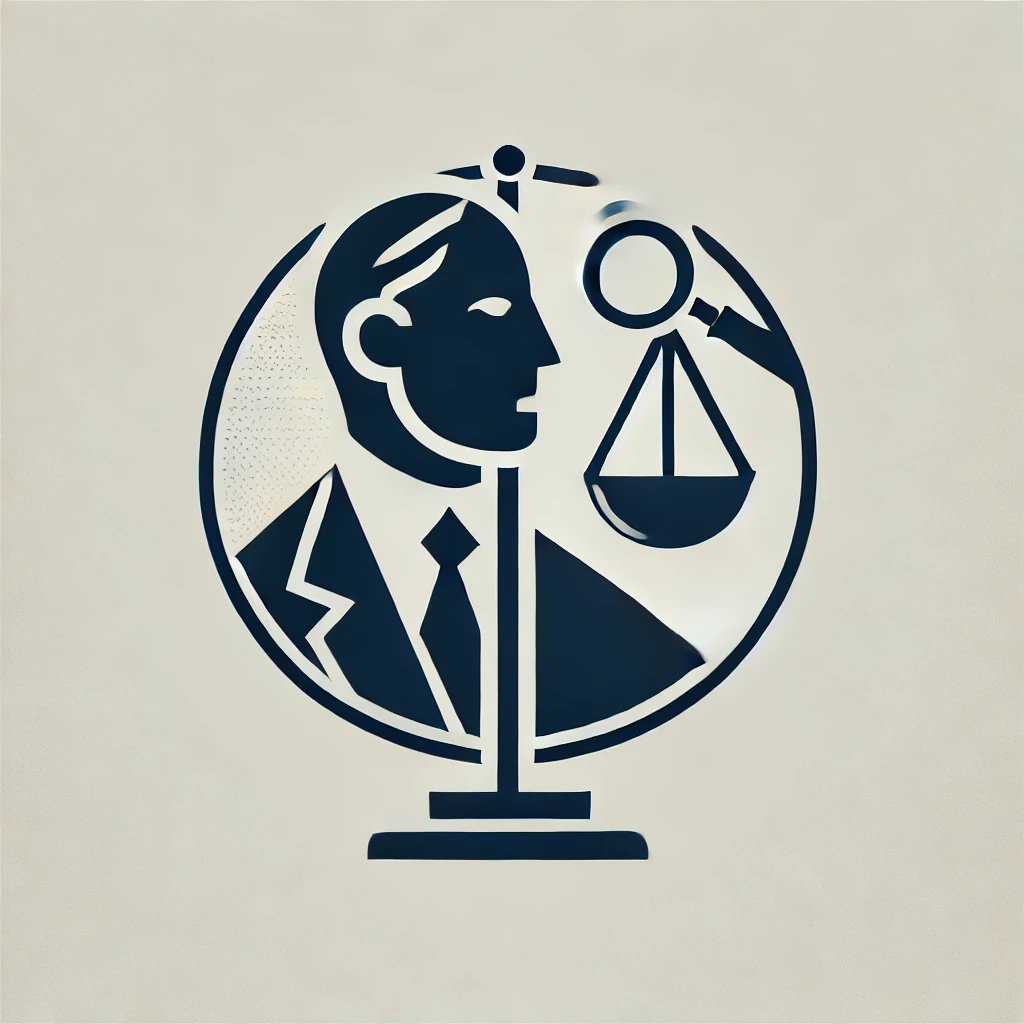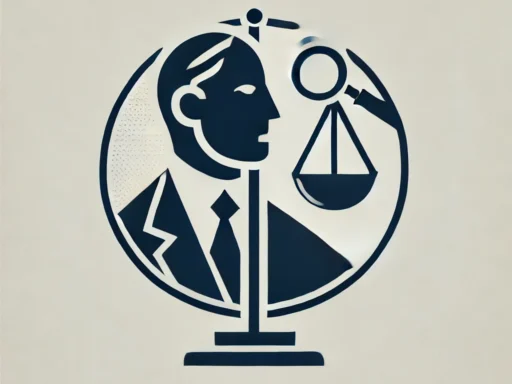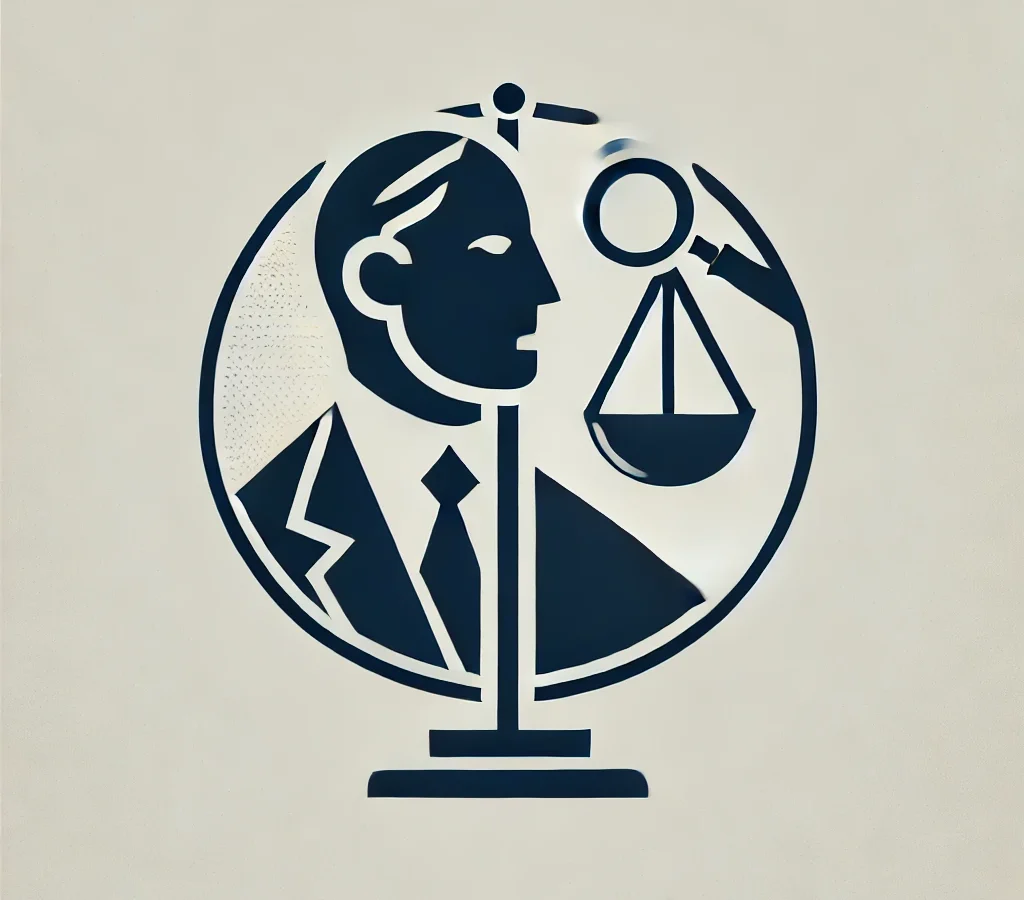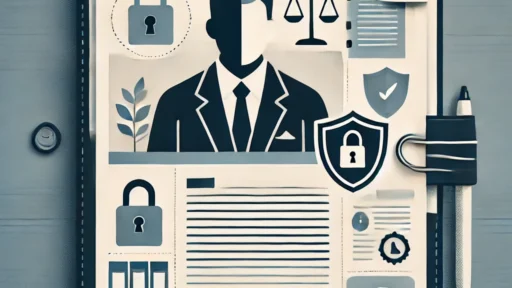Witness credibility can make or break a case, and depositions play a pivotal role in this assessment. During a deposition, attorneys have the opportunity to gauge the reliability and consistency of a witness’s testimony under oath. This pre-trial procedure not only helps in uncovering the truth but also in strategizing for the courtroom.
By thoroughly examining a witness’s statements, demeanor, and responses, legal professionals can identify potential weaknesses or strengths in their case. Depositions offer a unique chance to observe how a witness might perform under pressure, providing invaluable insights that can influence the direction of the trial.

Understanding Witness Credibility
Witness credibility, the marker of a witness’s reliability in legal settings, is fundamental to the trial process. Courts determine credibility based on several factors, scrutinizing the witness’s demeanor, consistency, and believability of testimony. The manner in which a witness answers questions during depositions aids attorneys in comprehending these elements.
Demeanor
Demeanor includes the witness’s body language, eye contact, and facial expressions. Jurors and judges watch for signs of nervousness or dishonesty. For example, a witness avoiding eye contact or exhibiting inconsistent gestures can raise doubts about their truthfulness.
Consistency
Consistency involves the alignment of a witness’s statements across different stages of the legal process. If a witness’s testimony changes between the deposition and the trial, attorneys might question their reliability. An accurate and unwavering account of events strengthens a witness’s credibility significantly.
Believability
Believability encompasses the logical coherence and plausibility of the testimony. A witness presenting a clear, concise, and reasonable narrative gains more trust from the court. Any implausible details or gaps in the story can weaken their position and the overall case.
Prior Record
Prior record includes previous criminal history or past dishonesty. A witness with a clean record tends to be more credible. Conversely, a history of dishonesty or crime can undermine the witness’s statements, regardless of current sincerity.
Character Evidence
Character evidence covers statements from others about the witness’s reputation for truthfulness. Positive character references can enhance credibility. On the other hand, negative testimonials can cast doubt and diminish the witness’s effectiveness.
Bias and Interest
Bias and interest refer to the witness’s potential motivations or personal stakes in the case. Identifying any biases or conflicts of interest during depositions helps assess whether the witness might skew the testimony to favor a particular outcome.
Understanding these factors during depositions allows attorneys to strategically prepare for trials. Enhanced awareness of a witness’s credibility helps determine their influence on the case’s outcome, ensuring a well-rounded and informed approach to legal proceedings.
Importance of Depositions in Legal Proceedings
Depositions play a pivotal role in legal proceedings. They provide attorneys with an opportunity to evaluate witness credibility outside of the courtroom.
Preparation for Depositions
Preparation is crucial for effective depositions. Attorneys gather all relevant documents and evidence before questioning begins. This ensures they can probe into the witness’s knowledge and credibility. Reviewing prior statements aids in identifying inconsistencies. Preparing a comprehensive list of questions uncovers possible biases and clarifies the witness’s stance.
Conduct of Depositions
The way depositions are conducted impacts their effectiveness. Attorneys ask open-ended questions to elicit detailed answers. Keeping a professional demeanor ensures the process remains respect-driven and efficient.
It’s critical to observe the witness’s non-verbal cues and reactions, as these can offer additional insight into their credibility. Interrupting objections are minimized to allow the witness to speak freely, thus providing a clearer picture of their testimony.
Techniques for Assessing Witness Credibility
Evaluating witness credibility relies on various methods. These techniques ensure accuracy in legal proceedings and build strong cases.
Verbal Cues
Attorneys examine verbal cues to gauge witness credibility. Statements should be coherent and detailed. Witnesses often display confidence and clarity if they speak truthfully. Anomalies like hesitation, stammering, or contradictions may indicate dishonesty. For instance, precise timelines and specific details improve trust in testimonies.
Non-Verbal Cues
Non-verbal cues serve as critical indicators of witness reliability. Observing body language, facial expressions, and gestures can reveal underlying truths. Signs like avoiding eye contact, fidgeting, or inconsistent gestures often signal deceit.
Contrarily, steady eye contact and relaxed posture suggest credibility. Attorneys should note these cues during depositions for a comprehensive assessment.
Consistency in Testimony
Consistency in testimony strengthens witness reliability. Cross-referencing statements made during depositions with those in court verifies steadiness. Discrepancies might undermine credibility and suggest fabrication.
Consistent narratives across different accounts reflect truthful and dependable witnesses. Attorneys focus on aligning depositions and trial testimonies to ensure credibility.
Challenges in Determining Credibility
Evaluating witness credibility during depositions presents several challenges. These complexities often stem from psychological factors and external influences that may alter a witness’s testimony.
Psychological Factors
Witnesses’ mental states can affect their credibility. Stress impacts memory recall, potentially causing inconsistencies. Anxiety might lead to nervous behavior, misinterpreted as deceit. Cognitive biases, such as confirmation bias, can distort perceptions of events.
According to the National Center for Biotechnology Information (NCBI), trauma affects the hippocampus, resulting in memory fragmentation. Witnesses with mental health issues may also display erratic behavior, further complicating credibility assessment.
External Influences
External forces can sway witness testimony. Coaching by attorneys leads to rehearsed responses, reducing authenticity. Media coverage biases witnesses’ recollections or alters public perception.
Peer pressure affects youths, causing them to conform to expected narratives. Legal outcomes might also push witnesses with vested interests to fabricate or exaggerate claims. Witnesses’ environments—such as being in a courtroom versus a deposition setting—can also influence their stress levels and therefore, their reliability.
Enhancing the Effectiveness of Depositions
Depositions play a pivotal role in the legal process, impacting witness credibility assessment. Optimizing these sessions can significantly improve outcomes.
Training for Legal Professionals
Ongoing training equips legal professionals with advanced skills for conducting depositions effectively. Developing techniques in questioning, reading non-verbal cues, and managing difficult witnesses elevates their competency.
For instance, learning to detect micro-expressions and inconsistencies helps lawyers identify potential dishonesty. Utilizing workshops, case studies, and simulation exercises fosters real-world skills.
Training in cultural competence enhances the ability to handle diverse witnesses, minimizing misinterpretations. Regular updates on legal standards ensure procedural compliance and strategic proficiency.
Use of Technology
Incorporating technology enhances deposition effectiveness through innovative tools and techniques. Video recording captures nuanced facial expressions, gestures, and tone, providing a comprehensive view of the testimony.
Real-time transcription services improve accuracy and speed in reviewing depositions. Virtual deposition software facilitates remote participation, ensuring accessibility and convenience for all parties involved.
Analytical software can assess speech patterns, detecting stress or deception indicators. Leveraging secure platforms ensures data integrity and confidentiality, crucial for maintaining legal standards.
By focusing on these areas, legal professionals can optimize deposition processes, making them more efficient and insightful.
Enhance Witness Credibility Assessment with BlueNotary’s Reliable Notarization Services
Assessing witness credibility is crucial for legal success, and ensuring all related documents are properly notarized is equally important. BlueNotary offers a secure and efficient online notarization platform, guaranteeing that all your deposition documents are authenticated and legally binding.
Support your legal strategy with trusted notarization solutions. Register with BlueNotary today to streamline your notarization needs and enhance your witness credibility assessment.
Frequently Asked Questions About Witness Credibility in Depositions
Q1. Why is witness credibility important in legal proceedings?
Witness credibility is essential because the reliability and truthfulness of their testimony can significantly influence the outcome of a case. Credible witnesses help establish facts and build a strong argument.
Q2. How do depositions help in assessing witness credibility?
Depositions allow attorneys to ask detailed questions, observe the witness’s demeanor, and identify inconsistencies in their testimony. This process helps in evaluating the credibility of the witness.
Q3. What techniques are used to assess witness credibility during depositions?
Techniques include asking open-ended questions, cross-referencing testimony with documented evidence, observing non-verbal cues, and identifying inconsistencies or changes in the witness’s story.
Q4. Can deposition testimony affect the outcome of a case?
Yes, deposition testimony can significantly impact the outcome of a case. Credible testimony can strengthen a case, while inconsistencies or falsehoods can undermine a witness’s reliability and affect the case negatively.
Q5. What should attorneys look for when evaluating witness credibility?
Attorneys should look for consistency in the witness’s story, the witness’s demeanor and body language, the plausibility of their testimony, and any potential biases or motives that could affect their reliability.








